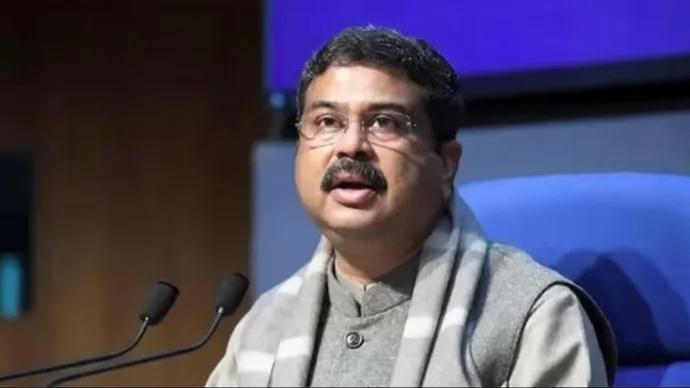Union Education Minister Dharmendra Pradhan has launched 52 short textbooks in Indian non-scheduled languages, primarily targeting tribal languages, marking a significant stride towards early childhood care and education. These concise textbooks are meticulously crafted to provide young learners with access to education in their native tongue, aiming to foster a deeper understanding and appreciation of their cultural roots.
Mr. Pradhan expressed his optimism regarding this transformative initiative, emphasizing its potential to ignite an inspirational journey for young minds. By offering education in mother tongue or local languages, these primers seek to facilitate a seamless learning experience, laying the foundation for lifelong learning and academic success. Furthermore, they aim to instill a sense of familiarity with indigenous culture among students, promoting holistic development beyond academics.
The development of these primers stems from a collaborative effort between the National Council of Educational Research and Training (NCERT) and the Central Institute of Indian Languages in Mysuru. Designed as introductory books, they aim to acquaint students with various subjects, catering to the diverse linguistic landscape of India.
Highlighting the broader implications of this initiative, Minister Pradhan underscored its role in initiating a new civilisational renaissance. He emphasized the potential of these efforts to create a futuristic learning landscape, aligning with the vision outlined in the National Education Policy (NEP) – 2020. Moreover, these primers are integral to the government’s commitment to promoting Indian languages in education at all levels.
In essence, the launch of these 52 short textbooks represents a significant step towards advancing linguistic diversity and inclusivity in the education sector. By providing education in local languages, the initiative aims to empower students, nurture cultural pride, and pave the way for a more inclusive and equitable education system in India.
Union Education Minister Dharmendra Pradhan has launched 52 short textbooks in Indian non-scheduled languages, primarily targeting tribal languages, marking a significant stride towards early childhood care and education. These concise textbooks are meticulously crafted to provide young learners with access to education in their native tongue, aiming to foster a deeper understanding and appreciation of their cultural roots.
Mr. Pradhan expressed his optimism regarding this transformative initiative, emphasizing its potential to ignite an inspirational journey for young minds. By offering education in mother tongue or local languages, these primers seek to facilitate a seamless learning experience, laying the foundation for lifelong learning and academic success. Furthermore, they aim to instill a sense of familiarity with indigenous culture among students, promoting holistic development beyond academics.
The development of these primers stems from a collaborative effort between the National Council of Educational Research and Training (NCERT) and the Central Institute of Indian Languages in Mysuru. Designed as introductory books, they aim to acquaint students with various subjects, catering to the diverse linguistic landscape of India.
Highlighting the broader implications of this initiative, Minister Pradhan underscored its role in initiating a new civilisational renaissance. He emphasized the potential of these efforts to create a futuristic learning landscape, aligning with the vision outlined in the National Education Policy (NEP) – 2020. Moreover, these primers are integral to the government’s commitment to promoting Indian languages in education at all levels.
In essence, the launch of these 52 short textbooks represents a significant step towards advancing linguistic diversity and inclusivity in the education sector. By providing education in local languages, the initiative aims to empower students, nurture cultural pride, and pave the way for a more inclusive and equitable education system in India.





